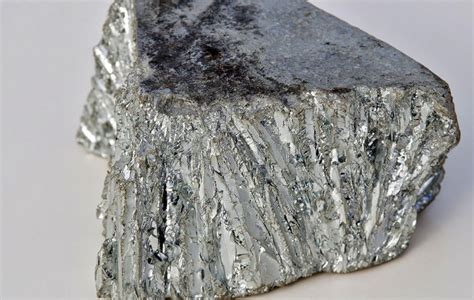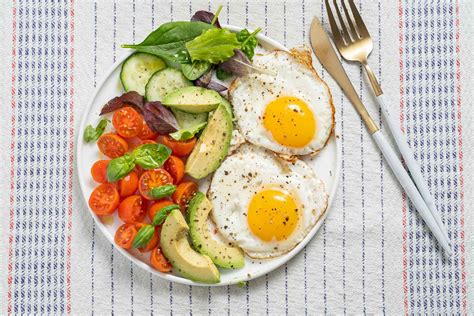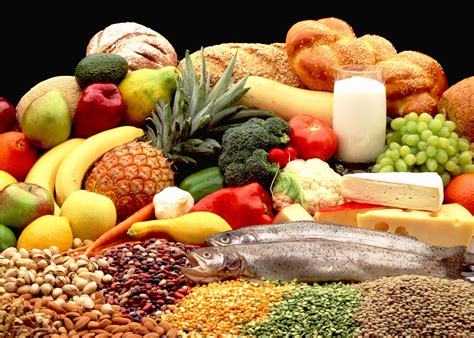Key nutrients & foods to naturally boost testosterone for male vitality & drive?

Unlocking Male Vitality: The Power of Natural Testosterone Boosters
Testosterone, often hailed as the cornerstone of male health, plays a pivotal role far beyond just libido. This crucial hormone influences energy levels, muscle mass, bone density, mood, and overall cognitive function. As men age, testosterone levels can naturally decline, leading to symptoms like fatigue, reduced sex drive, and decreased vitality. While synthetic interventions exist, many men are turning to natural methods, primarily through diet and nutrition, to optimize their hormone levels.
Understanding which key nutrients and specific foods can support the body’s natural testosterone production is a powerful step towards reclaiming male drive and vitality. This article explores the dietary strategies you can adopt to give your testosterone levels a natural, healthy boost.

The Essential Nutrients for Testosterone Production
Your body is an intricate machine, and for it to produce hormones like testosterone efficiently, it requires a specific array of vitamins and minerals. Deficiencies in these key nutrients can directly impact hormone synthesis.
Zinc: The Mineral Maestro
Zinc is paramount for testosterone production. It’s involved in numerous enzymatic processes, including those that regulate testosterone. Studies have shown that even a mild zinc deficiency can lead to decreased testosterone levels. It also plays a role in the health of sperm and prostate function.
Vitamin D: The Sunshine Vitamin
Often referred to as a pro-hormone, Vitamin D is crucial for a myriad of bodily functions, including hormone regulation. Research consistently links higher Vitamin D levels to higher testosterone levels. Getting adequate sunlight exposure is the most natural way to synthesize Vitamin D, but dietary sources and supplementation are also important, especially in regions with limited sun.

Magnesium: The Muscle & Hormone Supporter
Magnesium is an essential mineral involved in over 300 enzymatic reactions in the body, including those related to muscle function and energy production. It has been shown to increase free and total testosterone levels, particularly when combined with exercise, by reducing its binding to sex hormone-binding globulin (SHBG), making more of it bioavailable.
Healthy Fats: The Building Blocks
Cholesterol, often demonized, is the precursor to all steroid hormones, including testosterone. Therefore, consuming healthy fats is vital. Monounsaturated and polyunsaturated fats (especially Omega-3s) support optimal hormone production and overall cellular health. Avoiding extremely low-fat diets is crucial for maintaining healthy testosterone levels.
Other Notable Micronutrients
- Vitamin K2: Emerging research suggests a role in testosterone synthesis.
- Boron: This trace mineral may influence testosterone levels by reducing SHBG and estrogen, thereby increasing free testosterone.
- Selenium: An antioxidant that supports overall endocrine function.

Top Foods to Incorporate for a Natural Testosterone Boost
Now that we know the key nutrients, let’s explore the foods that are rich in these testosterone-supporting compounds:
Oysters & Shellfish
Often touted as an aphrodisiac, oysters are incredibly rich in zinc, making them a top-tier food for testosterone support. Other shellfish like crab and lobster also provide significant amounts.
Fatty Fish (Salmon, Mackerel, Tuna)
These fish are excellent sources of Vitamin D and Omega-3 fatty acids, both critical for hormone health. Aim for at least two servings per week.
Lean Red Meat
While moderation is key, lean cuts of red meat provide zinc, iron, and protein, all beneficial for testosterone and muscle synthesis. Opt for grass-fed varieties when possible.
Egg Yolks
The yolk is where the magic happens! Egg yolks contain Vitamin D, cholesterol (the precursor for testosterone), and healthy fats, making them a simple yet powerful addition to your diet.
Leafy Green Vegetables (Spinach, Kale, Swiss Chard)
These greens are packed with magnesium and other vital micronutrients, supporting overall hormonal balance.
Avocados, Nuts & Seeds
Rich in healthy monounsaturated fats, magnesium, and boron, avocados, almonds, walnuts, pumpkin seeds, and flaxseeds are excellent for hormone production and overall health.
Berries & Pomegranates
These fruits are high in antioxidants, which help reduce oxidative stress and inflammation, creating a more favorable environment for hormone production.

Beyond Diet: Lifestyle Factors that Influence Testosterone
While diet is foundational, a holistic approach yields the best results:
- Adequate Sleep: Chronic sleep deprivation significantly lowers testosterone levels. Aim for 7-9 hours of quality sleep per night.
- Regular Exercise: Especially strength training and high-intensity interval training (HIIT), can naturally boost testosterone.
- Stress Management: High cortisol levels (the stress hormone) can suppress testosterone production. Incorporate stress-reducing activities like meditation or yoga.
- Maintain a Healthy Weight: Obesity, particularly abdominal fat, is strongly linked to lower testosterone due to increased aromatization (testosterone converting to estrogen).

Embrace a Vital Future
Boosting testosterone naturally is an ongoing journey that requires commitment to a nutrient-dense diet and a healthy lifestyle. By prioritizing foods rich in zinc, Vitamin D, magnesium, and healthy fats, alongside adequate sleep, exercise, and stress management, men can significantly enhance their vitality, drive, and overall well-being. Always consider consulting with a healthcare professional or a registered dietitian to tailor a plan that best suits your individual needs and health profile.









